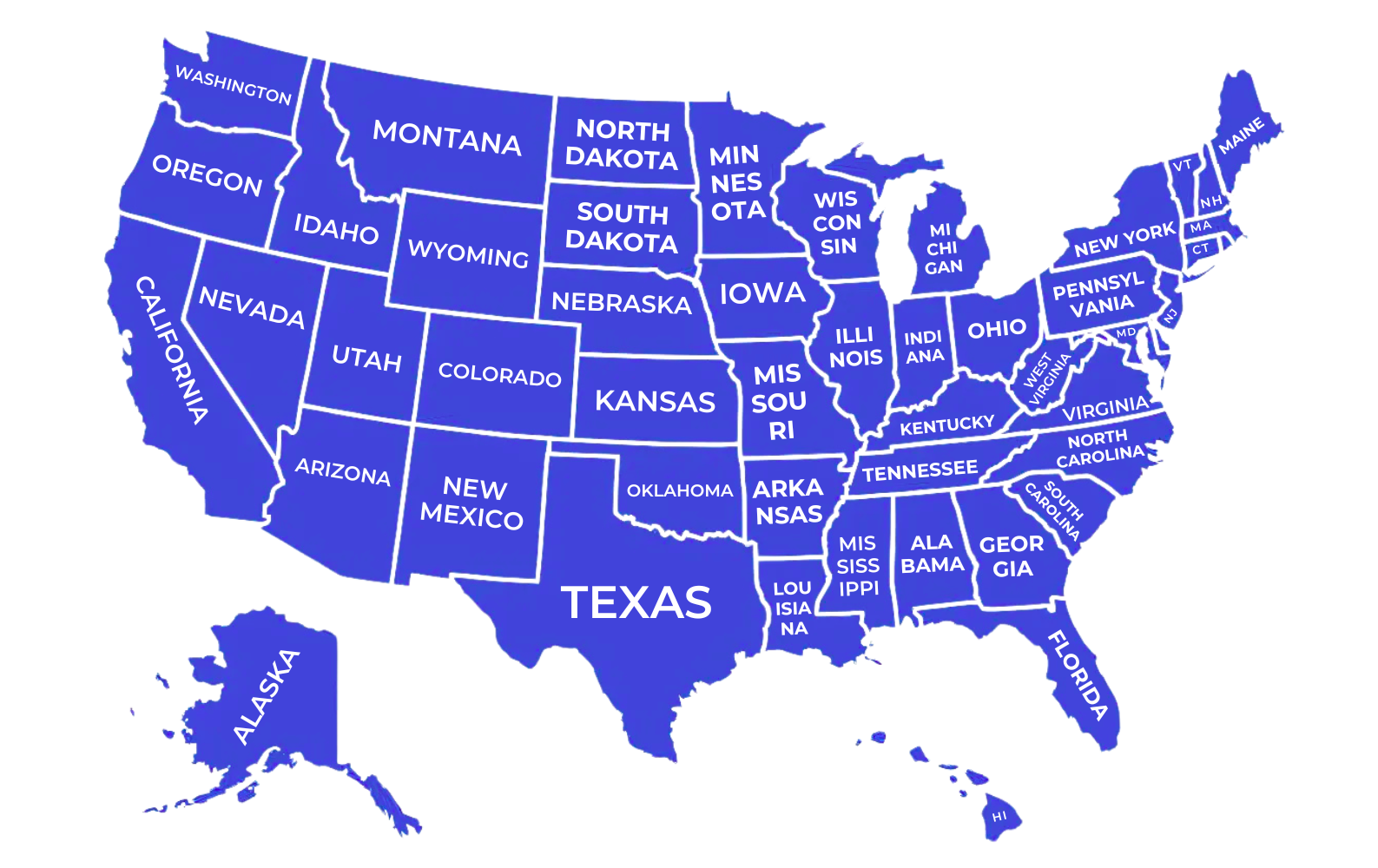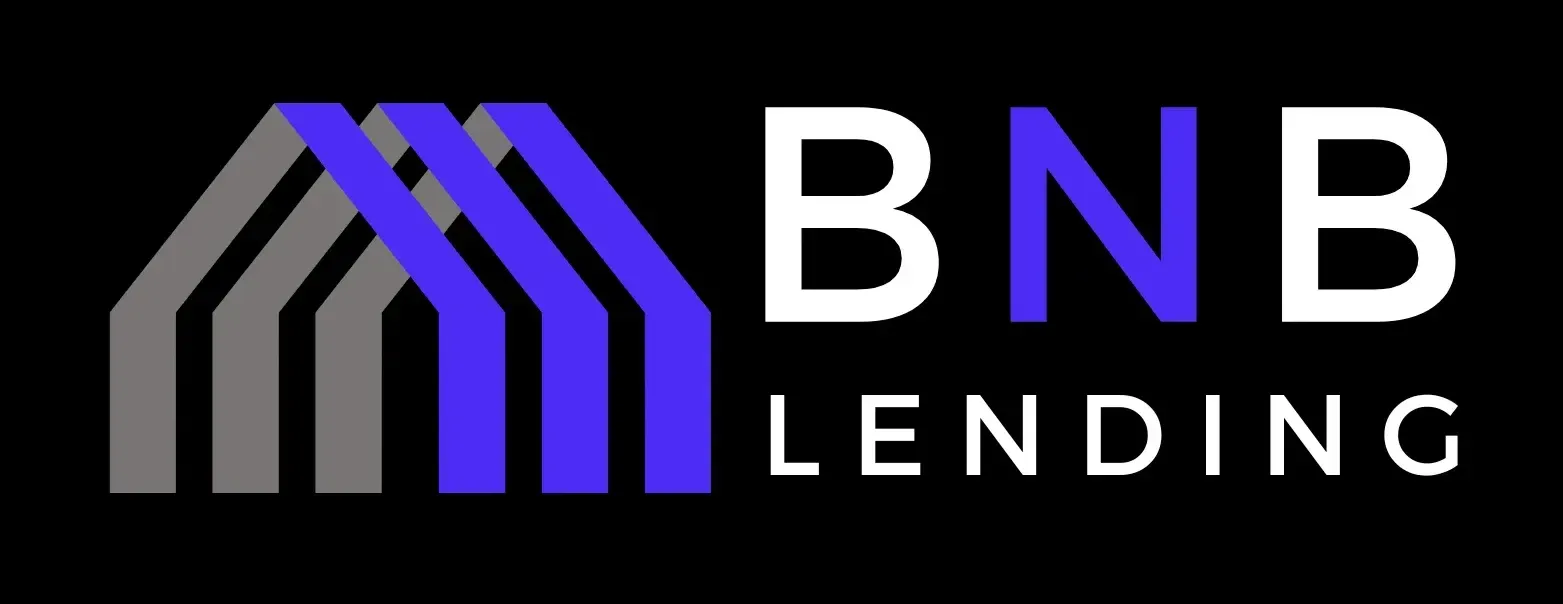
Vermont Second Home Loans and Mortgage Solutions
Financing Your Dream Second Home
Looking to buy a second home in Vermont? Whether you're considering a ski lodge in Stowe, a lake house near Champlain, or a seasonal retreat in the Green Mountains, BNB Lending offers second home loans tailored to part-time occupancy. We help buyers navigate Vermont’s homestead tax classifications, STR registration requirements, and financing rules. With competitive rates and quick closings, our Vermont second home loans are structured to support personal use with occasional rental flexibility—while remaining compliant with state tax and licensing guidelines.
How to qualify
To obtain a quote, we will need the following information:
Property Value and
Purchase Price
Down Payment
Amount
Credit Score
Asset Types
- Single Family Homes
- Townhomes
- Condos
- 2 - 4 Units (Duplex, Triplex, Quadplex)
- Multi-Family: 5 - 8 Units
- Mixed-Use: 2 - 8 Units
- Multi-Family: 9+ Unit
Loan Terms
- Loan Sizes:
$100k up to $3.5 Million (Larger loan sizes available on a case by case basis)
- Purchase LTV:
Up to 85%
- Rate & Term Refinance LTV:
Up to 80%
- Cash Out Refinance LTV:
Up to 80%
- Amortization:
30 Year % 40 Year Amortization Options Available
- Term Lengths:
5/6 ARMs, 7/6 ARMs, 10 Year Interest Only, 30 Year Fixed & 40 Year Fixed
- Floor Rate:
5.50% (subject to change daily due to market volatility)
- Full Recourse
with personal guarantee required for all borrowers with majority ownership (typically 20%+ or 25%+ if closing in an Entity)
- DSCR Requirement: 1.00x or greater depending on loan size and property type. Sub-1.00x DSCR and NO DSCR options available.
- Vesting:
Lending to Individuals, LLCs, and Corporations. Trusts Allowable on a Case by Case Basis.
- Average Time to Close:
14 to 35 days
Wondering if you qualify for investment property financing in your area?
We offer lending services in all 50 states!

Frequently Asked Questions
What are the requirements for a second home loan in Vermont?
Vermont second home loans follow federal lending standards. The property must be a one-unit home, livable year-round, and personally used by the borrower for part of the year. It cannot be held by an LLC or used primarily as a rental. Most lenders require 10–20% down, strong credit, and proof of income. Vermont does not add unique lending restrictions, but local zoning and STR tax registration may apply. BNB Lending evaluates your location, usage intent, and ownership structure to confirm loan eligibility for second home financing.
How do short-term rental rules affect loan classification?
If a second home is rented frequently, it may be classified as an investment for lending or tax purposes. Vermont requires all STR hosts to register with the state and collect a 9% rooms and meals tax. Properties rented for more than 182 days annually are considered “non-homestead” and taxed at a higher rate. While statewide owner-occupancy isn’t required, local ordinances may apply. At BNB Lending, we review your property’s rental use and location to determine the appropriate loan classification and ensure regulatory compliance.
Do second homes qualify for property tax benefits in Vermont?
Vermont second homes are taxed at the “non-homestead” rate, currently around 1.73% of assessed value. Only primary residences that are owner-occupied qualify for the lower “homestead” rate of approximately 1.0%. Any vacation home, or property rented more than 182 days per year, is automatically classified as non-homestead. Vermont does not offer exemptions or deductions specific to second homes. At BNB Lending, we help you calculate annual tax obligations and structure your loan to account for classification-based tax costs throughout the ownership period.
Can I deduct mortgage interest on a second home?
Mortgage interest on a second home may be deductible on your federal return if you itemize and the property meets IRS personal-use criteria. Vermont follows federal guidelines and allows this deduction on your state return. However, if the property is also used as a short-term rental, deductions may need to be prorated based on usage. BNB Lending structures your mortgage with tax-efficiency in mind and encourages consultation with a CPA who understands Vermont’s homestead classification and state-specific deduction treatment for mixed-use vacation properties.
Are there second home loan programs in Vermont?
Vermont Housing Finance Agency (VHFA) programs are limited to owner-occupied primary residences and do not apply to second homes or seasonal-use properties. These offerings are generally aimed at first-time or income-qualified buyers. BNB Lending provides flexible second home mortgage solutions across Vermont—from lake cottages to ski homes. We guide clients through the STR registration process, local zoning considerations, and homestead vs. non-homestead tax implications to ensure your loan is tailored to your property use and financial goals.
What types of properties qualify for second home loans?
Eligible second homes must be single-unit dwellings that are suitable for year-round living and used primarily for personal occupancy. This includes detached homes, townhouses, and condos. Properties must meet lender condition and appraisal standards and cannot be multi-unit, timeshare, or held by an LLC. In Vermont, how a home is used—especially as a short-term rental—can influence its tax classification. BNB Lending evaluates the property’s use, structure, and municipal location to confirm it meets second home loan criteria.
Who benefits from choosing a second home loan over an investment loan?
These loans are perfect for self-employed individuals, LLCs, and investors managing multiple properties. If you plan to use your Vermont home primarily for personal stays and only rent it occasionally, a second home loan may offer better rates and terms than an investment loan. These loans must be in your personal name—not held by an LLC. BNB Lending structures Vermont second home loans to provide flexibility while keeping your financing compliant with lender and zoning guidelines.
Thinking beyond Vermont? Explore Airbnb loans and second home opportunities in nearby states like Maryland or North Carolina to expand your portfolio.

